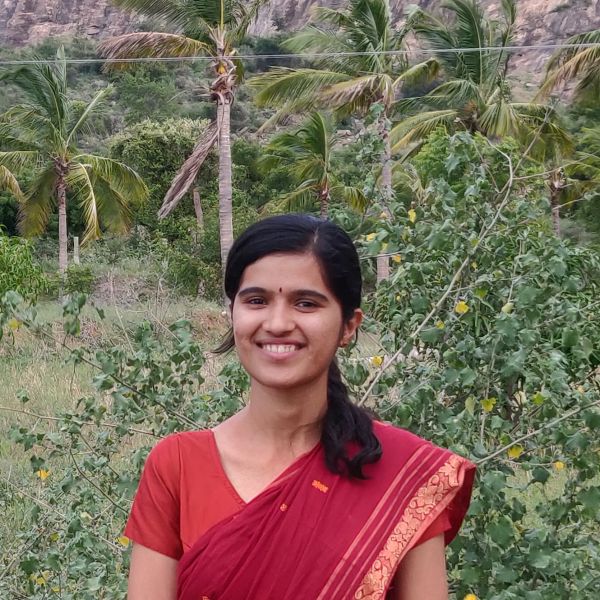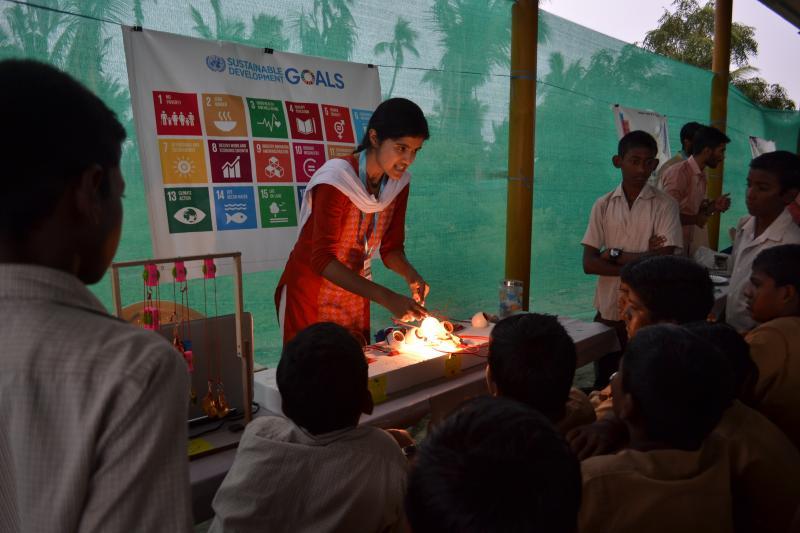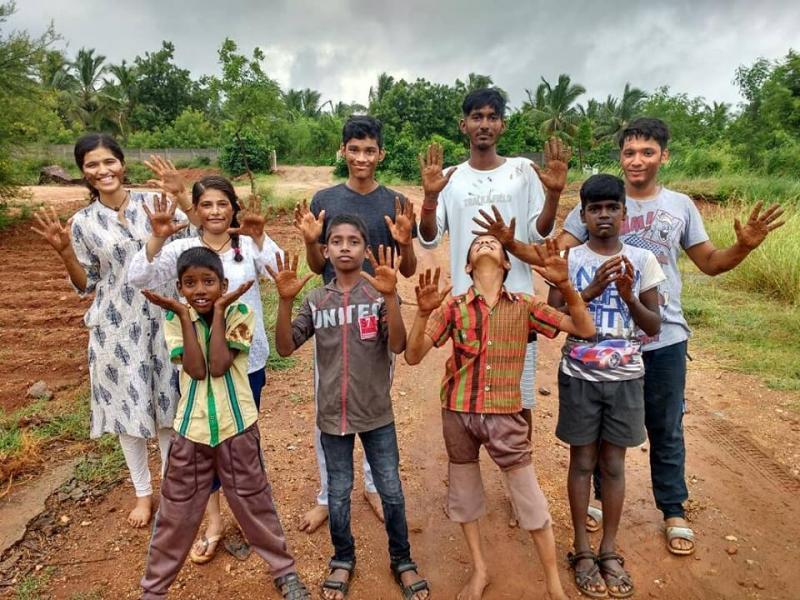Image

Prajna engages students with sustainability issues from local to international scales through experiential learning and weaving together indigenous practices with global frameworks.
How are you using education to build more sustainable and equitable communities?
When students are introduced to sustainability at a young age, it helps them understand their role in solving ecological problems and enables them to envision alternate futures. Sustainability is not just an idea but a way of life. This lies at the heart of the Anaadi Sustainability Awareness for the Young (ASAY), an initiative I co-lead. It is a United Nations Partnership program for the UN Sustainable Development Goals (SDGs) to educate school and college students about the SDGs, indigenous sustainability practices, and responsible consumption through immersive and experiential content. In India, there are so many traditional ecological practices that are still an integral part of our life and we reawaken students to these practices in the context of the Global Goals with local examples and action they can take. The real-life case studies in the areas of education, health, food, and the environment require them to put themselves in the shoes of a leader solving global problems by co-creating solutions. It includes themes like self sufficiency, soil management, reinvention of the education system, energy management, and the circular economy.

I belong to the nature-worshipping tribal community from Coorg. Most of our cultural practices are in tune with nature and inherently sustainable. My journey with sustainability began from childhood with simple and minimalistic living which my mother diligently followed. While pursuing my engineering degree, I traveled to villages and actively explored areas such as natural farming and eco-construction through field visits. My project was on renewable energy systems which introduced me to global sustainability frameworks and the SDGs. I spent most of my weekends in my professors’ homes composting, farming, and experimenting, all during discussions about our Indian epics, Yoga, and how to weave local knowledge systems with global frameworks. This helped me develop a larger vision for life. Inspired by them, I joined their social organization after completing my graduation. I had always wanted to work hands-on, with the soil and especially with students. We started ASAY as a sustainability program for school students and then built on more immersive programs, including field visits to understand local, national, and international best practices to inspire youth and working professionals.
What advice would you give to the next generation of leaders?
Explore your country and your villages, interact with elders in your community, and learn your traditional knowledge systems.
Who do you look up to as inspiration?
My indigenous ancestors.
What book, film, or art piece has had the greatest impact on you?
The Mahabharata.
